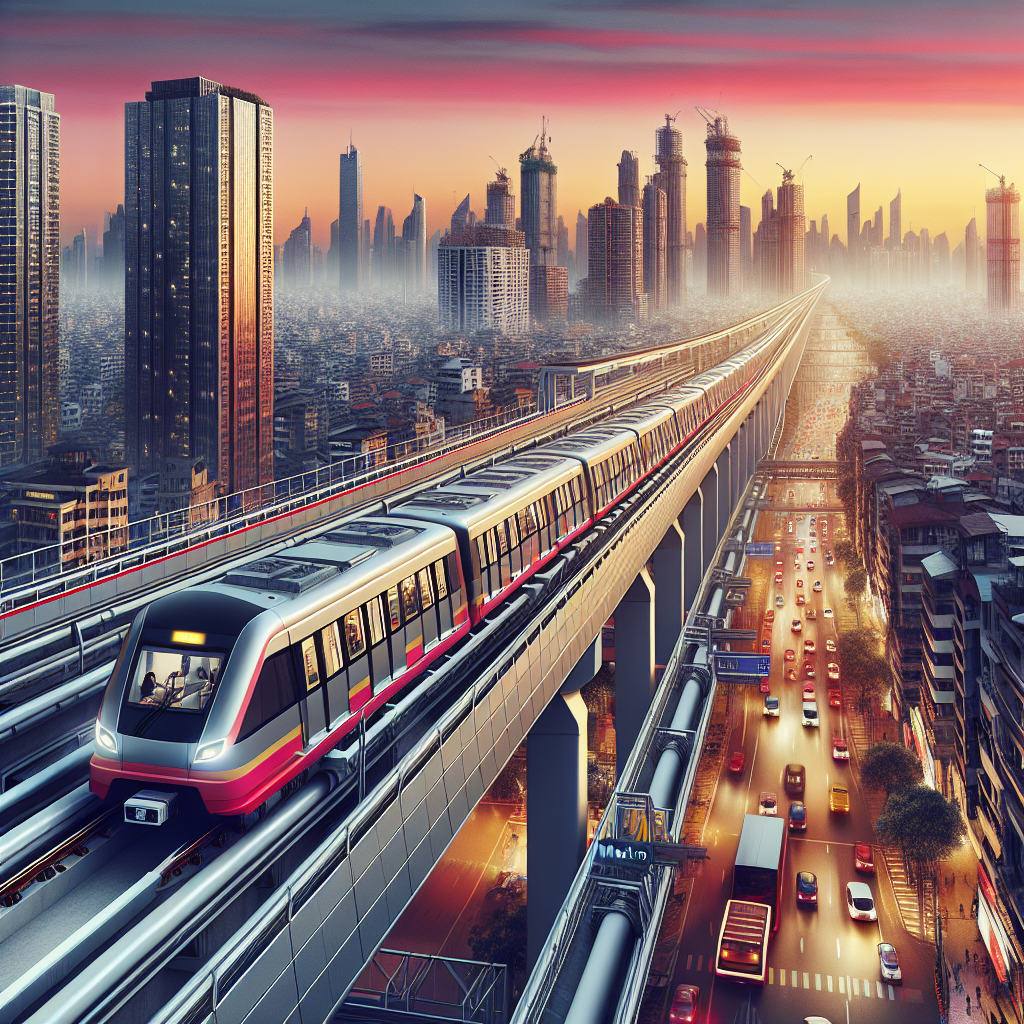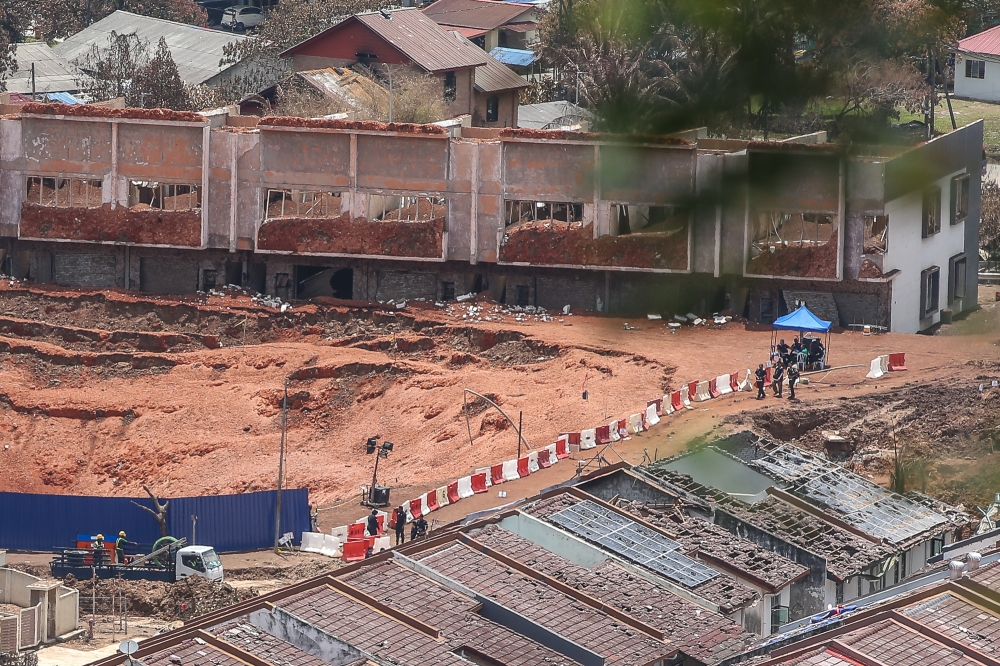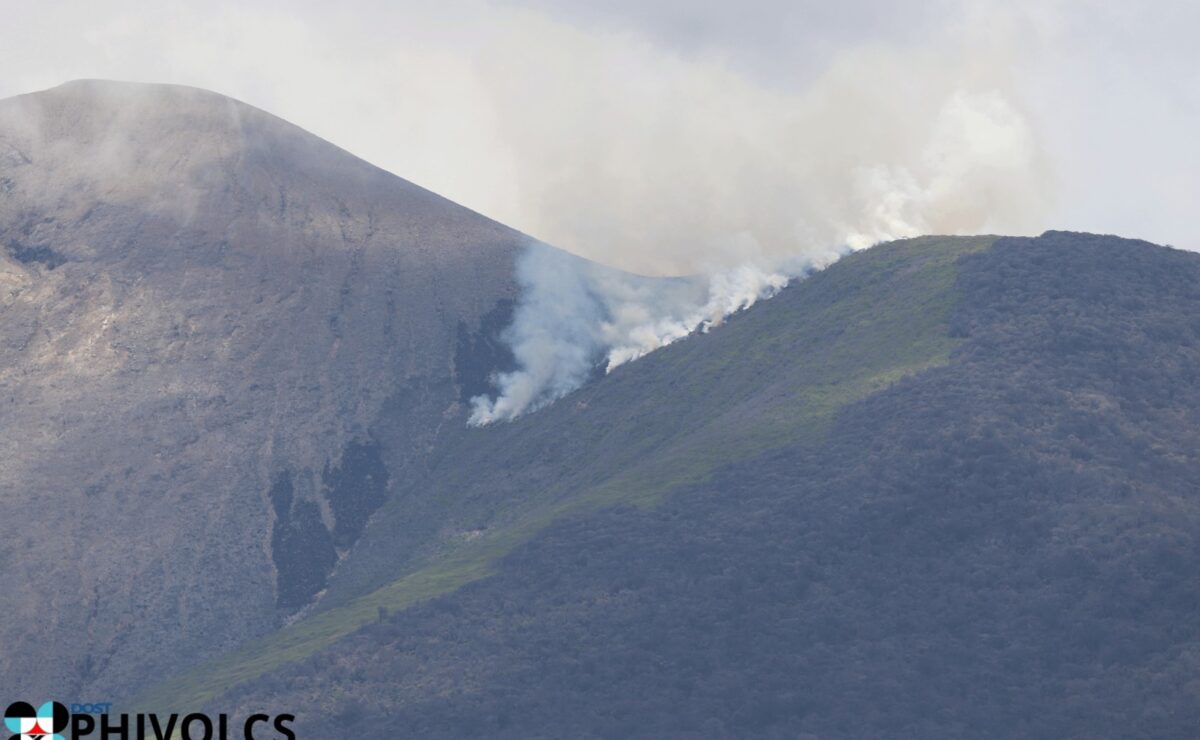The Delhi Metro Rail Corporation (DMRC) is charting new territory with the introduction of the nation's first metro corridor designed exclusively for three-coach trains. Scheduled to debut on the Lajpat Nagar–Saket G Block route, officials announced Sunday, this development marks a significant step in Delhi's metro expansion. This new route, part of Phase-IV of the Delhi Metro project, will stretch across eight kilometers, making it the second-smallest in the network.
Its primary goal is to amplify last-mile connectivity, ensuring seamless interchange with existing lines. Unlike the conventional four, six, or eight-coach metro lines, this one will employ a three-coach system, which has been optimized for short-distance urban travel. DMRC officials underline the corridor's role in promoting economic sustainability and maintaining high-quality transit standards.

Each train will have a capacity for approximately 900 passengers, spread across eight strategically positioned stations. Construction, initiated in March 2024 with a foundation stone laid by Prime Minister Narendra Modi, is expected to be completed by 2028. (With inputs from agencies.
).
Delhi Metro's Revolutionary Three-Coach Train Corridor Set to Roll Out

Delhi Metro's Revolutionary Three-Coach Train Corridor Set to Roll Out The Delhi Metro Rail Corporation (DMRC) is charting new territory with the introduction of the nation’s first metro corridor designed exclusively for three-coach trains. Scheduled to debut on the Lajpat Nagar–Saket G Block route, officials announced Sunday, this development marks a significant step in Delhi’s metro expansion.This new route, part of Phase-IV of the Delhi Metro project, will stretch across eight kilometers, making it the second-smallest in the network. Its primary goal is to amplify last-mile connectivity, ensuring seamless interchange with existing lines. Unlike the conventional four, six, or eight-coach metro lines, this one will employ a three-coach system, which has been optimized for short-distance urban travel.DMRC officials underline the corridor's role in promoting economic sustainability and maintaining high-quality transit standards. Each train will have a capacity for approximately 900 passengers, spread across eight strategically positioned stations. Construction, initiated in March 2024 with a foundation stone laid by Prime Minister Narendra Modi, is expected to be completed by 2028.











